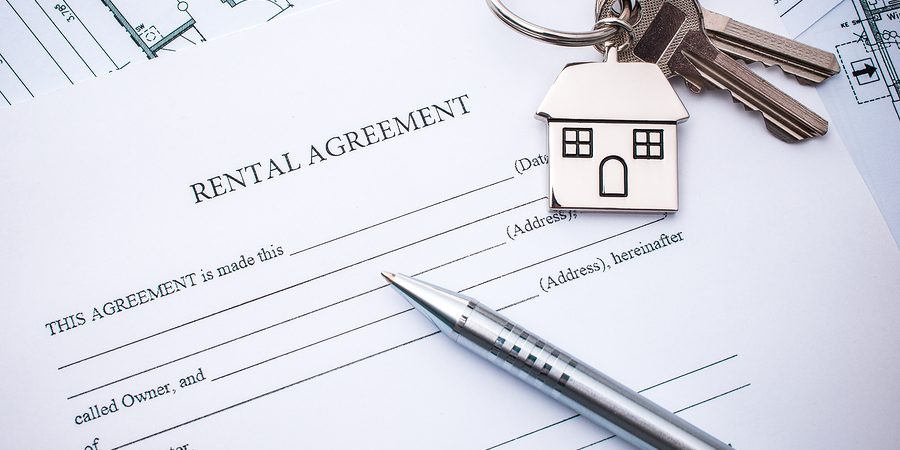It is possible to break a lease without penalty under special circumstances, including if the apartment is uninhabitable and your landlord refuses to make repairs (you’ll need evidence of this), if you become seriously ill, or if you are deployed or relocated by the military.
Depending on your reasons for breaking your lease, your landlord may choose not to penalize you, but breaking a rental agreement can come with serious consequences.
4 Reasons Not to Break Your Lease
Sometimes breaking a lease can’t be avoided; however, you should carefully consider the consequences when thinking about breaking your lease. We’ll list a few reasons you should try to stick it out through the end of your lease’s term if you can.
How to Break Your Lease Without Incurring Fees or Legal Repercussions
Now you know what can happen if you break your lease, but what about extenuating circumstances where it just can’t be avoided? If you are breaking your lease for a reason other than a special circumstance protected by law, you’re likely to incur some fees.
The good news is you can take steps to minimize the financial and legal damage when you leave.
Read your lease
The first step in considering breaking your lease is to thoroughly read through your rental agreement to understand what the penalties are if you break the lease. Look specifically for the early termination clause.
The lease agreement may give you an option to terminate the lease if you give advance notice and find a replacement tenant. The agreement may even give you an option to terminate the lease immediately, but you will likely incur high fees and lose your security deposit.
Document everything
Keep all your paperwork related to the rental agreement, including the rental agreement and other written agreements. Document verbal and text/email discussions, and any evidence relevant to the condition of the rental.
State tenants’ rights laws offer tenants protections which may allow them to break their lease in certain cases, such as if the apartment becomes inhabitable, if the landlord refuses to complete repairs, or if you can find a loophole within the lease that makes it legally invalid.
If you made an agreement to sub-let the rental to another tenant and you are missing documentation proving the agreement, you may still be responsible for the lease.
Talk with your landlord
Most landlords prefer to forgo the hassle of suing a tenant. They just want someone living in and paying for their property. If you’re honest about your situation, your landlord may agree to re-negotiate the terms of the lease.
Give your landlord as much notice as possible, and make your best attempt to find another tenant.
Find a new tenant
Finding a new tenant is an excellent way to stay in good graces with your landlord. Many landlords will release their tenant from a lease agreement if the renter finds a suitable replacement tenant.
Some landlords may require the new tenant to assume your lease, and the landlord may be able to hold you responsible if the new tenant moves out early or doesn’t pay the rent. Start looking for a new tenant to take your place, but conduct credit and background checks to ensure you find a suitable replacement.
Use a “lease-breaking” service
While not a well-known option, a lease-breaking service may work well as a last resort—that is if you live in New York City. Leasebreak, launched in 2013, helps tenants renegotiate rental contracts and connects renters with other renters wanting to sign a short-term lease.
“Landlords are realizing that sometimes breaking a lease is in everyone’s best interest,” says Leasebreak founder and former real estate agent Phil Horrigan. “They really don’t want unhappy tenants in their units, so they’ll try to work with them as long as the burden is on the tenant.”
Maybe the rest of the country will catch on to this concept, and we’ll see more lease-breaking services. In the meantime, your options are limited if you don’t live in NYC.
The Bottom Line
No landlord or tenant wants to deal with the hassles that come with breaking a lease. If you think you have a legally valid reason to break your lease, contact your local renters’ rights organization, or a lawyer to find out the laws pertinent to breaking your lease in your state.
With an understanding of your options and your rights, and a willingness to work with (not against) your landlord, you can come away satisfied with the outcome, and you’ll keep your credit and rental history clean.

